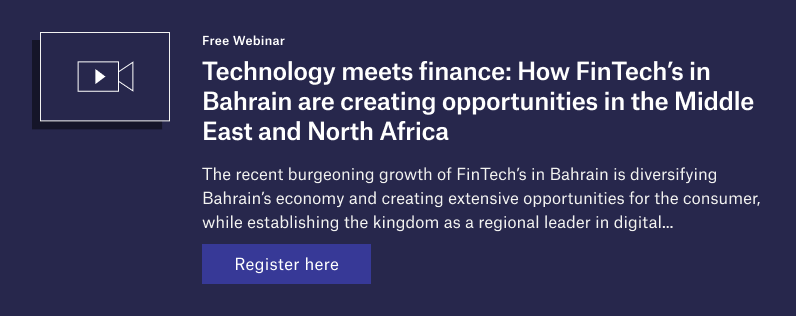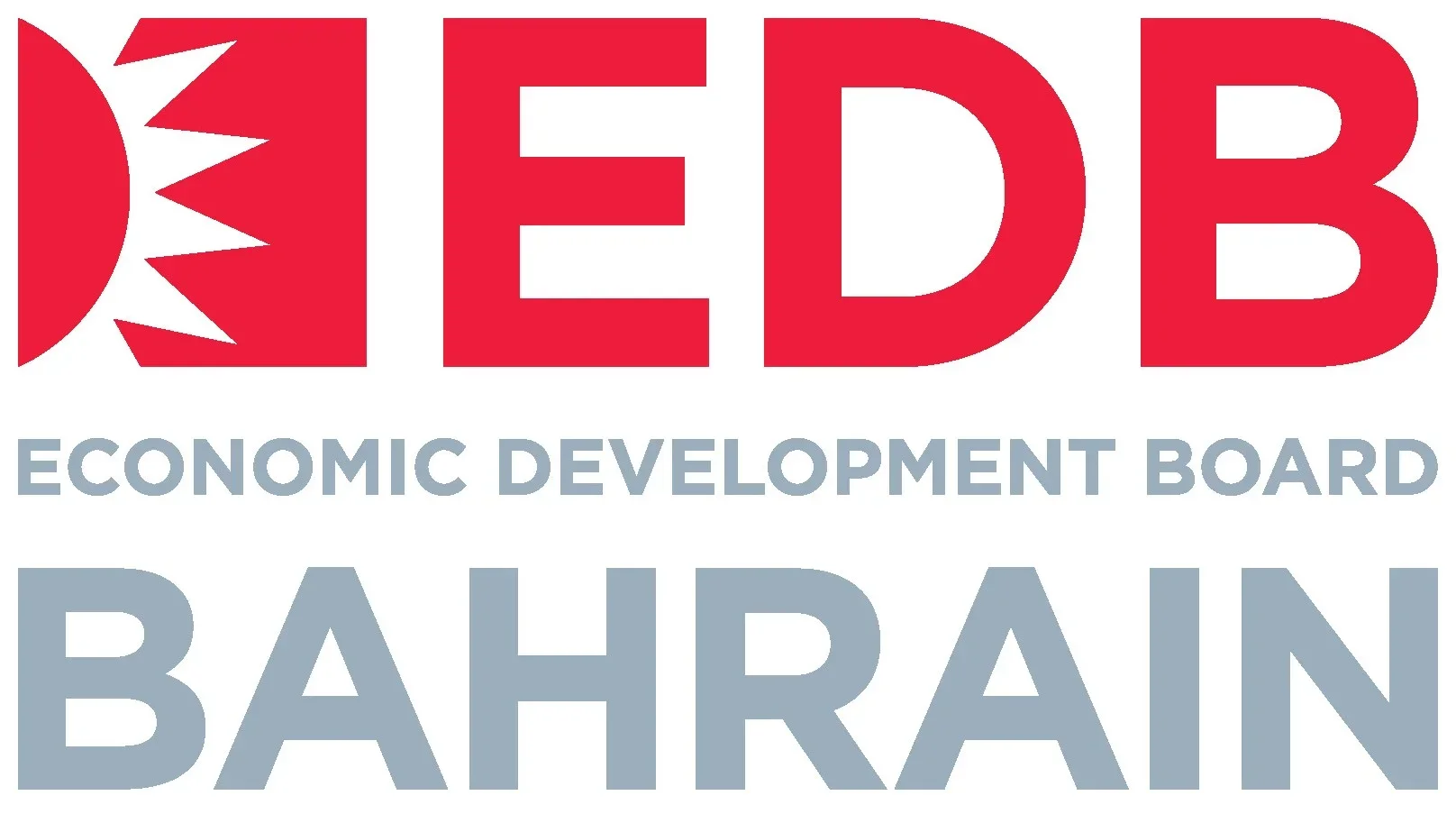
Future-looking fintech regulations and a focus on nurturing young tech talent have combined to attract some of the world’s most innovative financial players to Bahrain, including cryptocurrency exchange Binance, which was recently awarded its first licence as a crypto-asset provider in the Gulf Cooperation Council (GCC).
For Richard Teng, head of MENA of Binance, the largest exchange in the world in terms of daily trading volume of cryptocurrencies, setting up the organisation’s Middle East base in Bahrain was an easy decision. “The kingdom has been at the forefront in creating and maintaining a robust framework that supports crypto assets and recognises the importance and value of the web 3.0 industry,” he says.

“The Central Bank of Bahrain has shown considerable foresight in the development of crypto-asset regulations and supporting Binance and other players in the process of aligning with global trends, showcasing themselves as great partners looking to enable innovation and best practices.”
The Category 4 crypto-asset provider licence will allow Binance to provide a full range of crypto-asset exchange services including crypto-asset trading, custodial services and portfolio management to customers under the supervision of the Bahrain regulator, which has put strong requirements in place to protect users from money laundering and terrorism.
In an industry that has been criticised for its lack of regulation, the stringent criteria licence-holders must meet was appealing for Teng. “This landmark achievement for Binance represents our first licence as a crypto-asset provider in the GCC and demonstrates our commitment to being a compliance-first exchange both locally and globally,” he says.
“As we are one of the leading blockchain and infrastructure providers globally with a comprehensive suite of products and services, we are well equipped to collaborate on best practice in the blockchain industry, and we strongly believe Bahrain is poised to be at the forefront of this industry both regionally and globally as a safe and well-regulated environment.”
Creating a new pool of fintech talent
Teng was also impressed with the ‘Team Bahrain’ approach, which supported Binance through its establishment in the country by creating a robust platform of support, even in a fairly early stage and diverse industry, including access to key individuals and outstanding local talent.
“It has been representative of what forward-looking public-private partnership looks like; supporting innovation and growth while assuring that risks are addressed and consumers are adequately protected,” Teng notes.
Now, he hopes to build on these foundations through collaborations with other players in the fintech ecosystem, including private enterprises and local innovators who are experimenting with new use cases and applications of blockchain and other web 3.0 technologies.
He believes the potential for creating a new pool of talent in the cryptocurrency space is significant. “We are confident that the extended network that will come out of this will provide areas for growth and employment within the wider industry, making the Kingdom of Bahrain a key business hub,” he says. “As we grow, we would like local talent to grow with us.”
Pressing ahead with global crypto adoption
Looking further ahead, Binance plans to continue to support crypto adoption and deployment in the wider GCC area by working closely with governments to introduce more crypto-asset frameworks and regulations as well as listening and responding to the needs of institutions and corporates and enhancing user trust through educational partnerships.
“We want to expand our Web3 offerings beyond our financial platform and believe the underlying technology holds tremendous promise to help continue to improve lives and improve services beyond finance,” Teng says.
He is confident that the industry can weather the storm it is currently experiencing, with Bahrain leading the charge. “Every asset class goes through market cycles and volatility,” he explains. “Crypto is no different. Excessive valuation can develop because of over-optimism in the short-term and broader macro liquidity environment where funding costs are inexpensive.
“Firms with sustainable business models, good management practices and strong balance sheets will take market cycles in their strides. Binance belongs to this category and is focusing on pressing ahead with global crypto adoption, building new and enhancing existing products and services to meet customers’ demands.”


